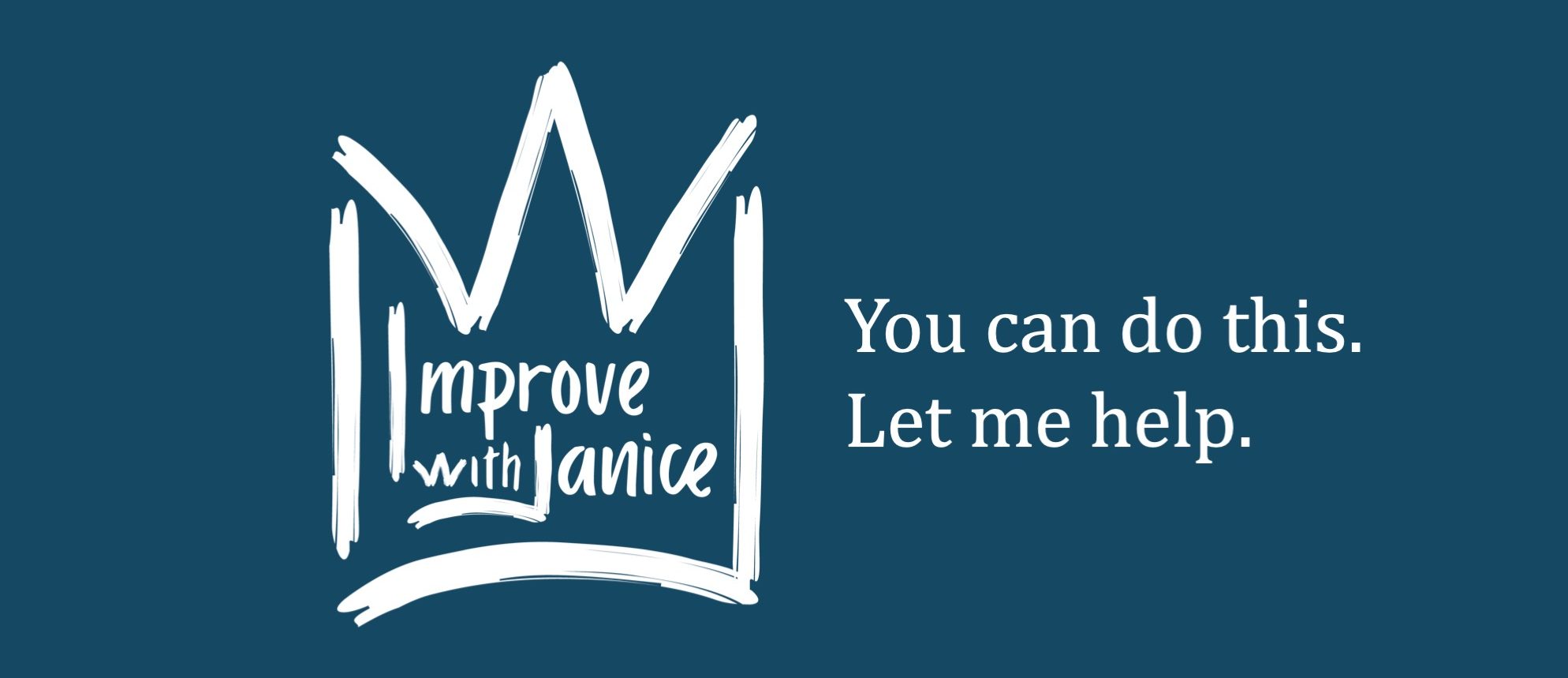Which is More Accurate: Can’t vs Won’t
10/24/2021
If we notice how many times we encounter “can’t” in a day, either in conversation or in mental talk, it can be quite impressive. When you do recognize a can’t moment, try to determine if the more accurate word should be won’t. This is a great mental exercise to verify self-awareness regarding 1) truthfulness, 2) priorities, and 3) our motivation level.
Truthfulness of Can’t vs Won’t
If you are invited to a fun dinner with friends but are facing a busy week, you might RSVP with a “Thank you, but I can’t this week!” However, looking back on your week, did you squander 1-2 hours scrolling on the phone or watching TV? Did you guard your free time equally against distractions? Or did you simply opt out of the better activity (that even impacts your health) not realizing that truthfully, you could have made it work. Realizing that you can opt into activities can shift the mentality about how much control you do have in your scheduling even during those busy weeks.
Priorities of Can’t vs Won’t
If your child asks you to play for 30 minutes but you feel obliged to work toward coming deadlines, you might catch yourself saying “Sorry kiddo. I can’t.” But, what if they interrupted your work because they broke their arm? Would you have time to take them to the hospital? Of course. A hurt child takes priority over work. So, if you could find time for an errand, could you have also created time to play? It is a matter of prioritization. Rather than being unable to step away, you are choosing not to prioritize play over working late.
Motivation Level of Can’t vs Won’t
Possibly the easiest to identify with, but hardest catch, is can’t vs won’t related to motivation. I can’t eat healthy around the holidays—there are too many parties and I can’t resist/track the calories/offend the host/enjoy myself without participating fully. What if everything there would be dusted with something you are VERY allergic to. You’d make adjustments and plan ahead.
You could bring a stash of acceptable snacks and let the host know it’s nothing personal. You could eat before you go. You could offer to bring a dish for all that you can enjoy. Frankly there are plenty of workarounds that don’t involve sitting home or deviating from your goal if you choose that. You can avoid what you need to if you decide you will. You have to examine your motivation and how you can take control in these instances.
The next time you encounter can’t, take a pause to determine if that is accurate. While can’t is a more socially acceptable word than won’t, being aware of the choices you do have helps create more problem-solving opportunities. Realizing a won’t vs can’t gives you a choice vs falsely believing you do not have the time, space, attention to give to something. As you realize you can do more things, you might also feel more control of your decisions and actions vs the helplessness can’t might embody.
